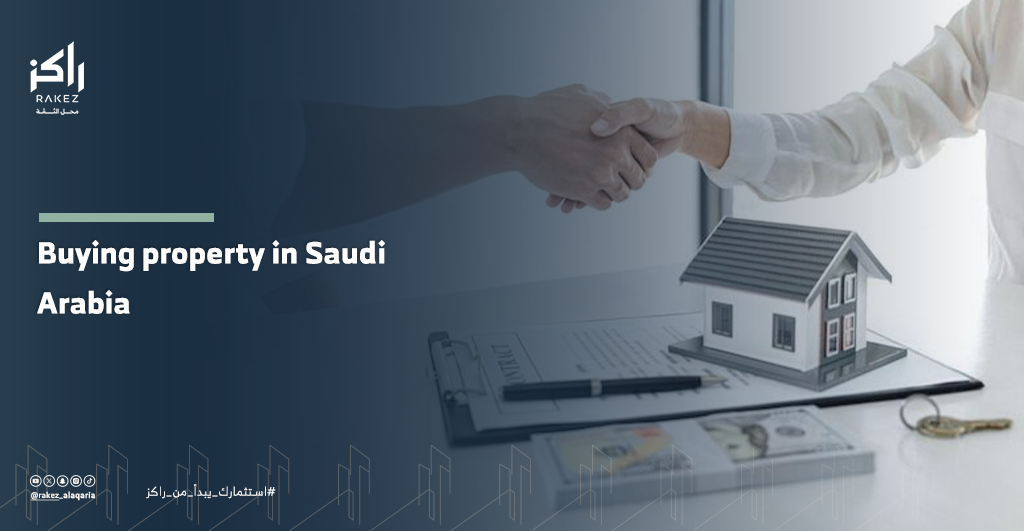In a world that’s increasingly interconnected, the idea of Buying property in Saudi Arabia holds a special kind of appeal. When that destination is the Kingdom of Saudi Arabia (KSA)—a land rich in both tradition and modernity—this opportunity becomes especially compelling. For those in the West, or anywhere beyond the Arabian Peninsula, understanding how property investment works in the KSA is more than a matter of finance—it’s a matter of cultural insight, spiritual awareness, and long-term vision. This guide aims to walk you through that journey with calm, information-rich, and reflective tones, bridging the practical realities of real estate with the deeper identity of place.
Here we go: from historical context and spiritual resonance to practical checklists and future-facing strategies. Whether you’re considering residence, investment, or simply exploring this terrain, you’ll find a structured path through the terrain of property ownership in Saudi Arabia in 2026.
1. Historical Context: Land, Ownership and Identity in the Kingdom
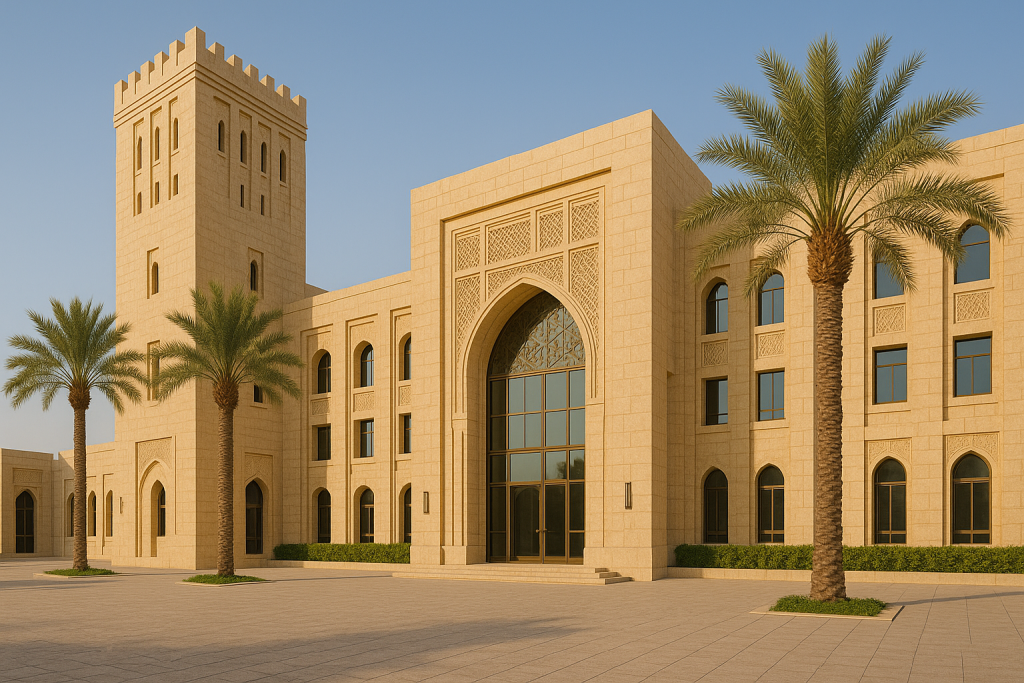
Saudi Arabia’s real estate landscape cannot be separated from its history—the land, the tribes, the settlements, and the recent pace of urban transformation. For many centuries, land ownership and use in the Arabian Peninsula were governed by local traditions, tribal arrangements and evolving state practice. With the formation of the Kingdom and the consolidation of governance, formal systems for land registration and property rights emerged.
In recent decades, the rapid urbanisation of cities such as Riyadh, Jeddah, and others has reshaped how property is conceived: from agricultural plots and tribal lands, to mixed-use developments, gated communities and global-style real estate projects. Understanding that “ownership” in the KSA carries both communal vibrations and modern legal frameworks sets the stage for any decision you’ll make.
It is also worth noting how the notion of home merges with spiritual identity in the Kingdom: places of residence often have proximity to a mosque, or link to community gatherings and local traditions. Thus, the historical lens invites you to see property not simply as an asset, but as part of a rhythm of life.
2. Spiritual Resonance: Home, Belonging and the Saudi Environment
Buying property in Saudi Arabia invites more than financial calculation—it invites a reflection on home, belonging and place. For those drawn to the Kingdom for its spiritual or cultural resonance, the idea of owning a home there is layered. The land of the Two Holy Mosques (in Makkah and Madinah) carries a weight of religious identity. Other cities, such as the capital Riyadh, or the coastal city Jeddah, hold cultural, commercial and international significance.
In this regard, when you imagine owning property here you might reflect on questions such as: How will this home connect me to the community? What values do I wish my property to reflect: hospitality, serenity, rootedness, or modern convenience? The physical address becomes a point of intersection between personal aspiration and regional tradition.
By grounding your property-buying process in a sense of reflection rather than pure speculation, you align with the deeper rhythms of place. So the practical steps to buying become more than transactional—they become meaningful transitions in personal growth and identity.
3. Key Legal Reforms for 2026: What’s Changing and Why
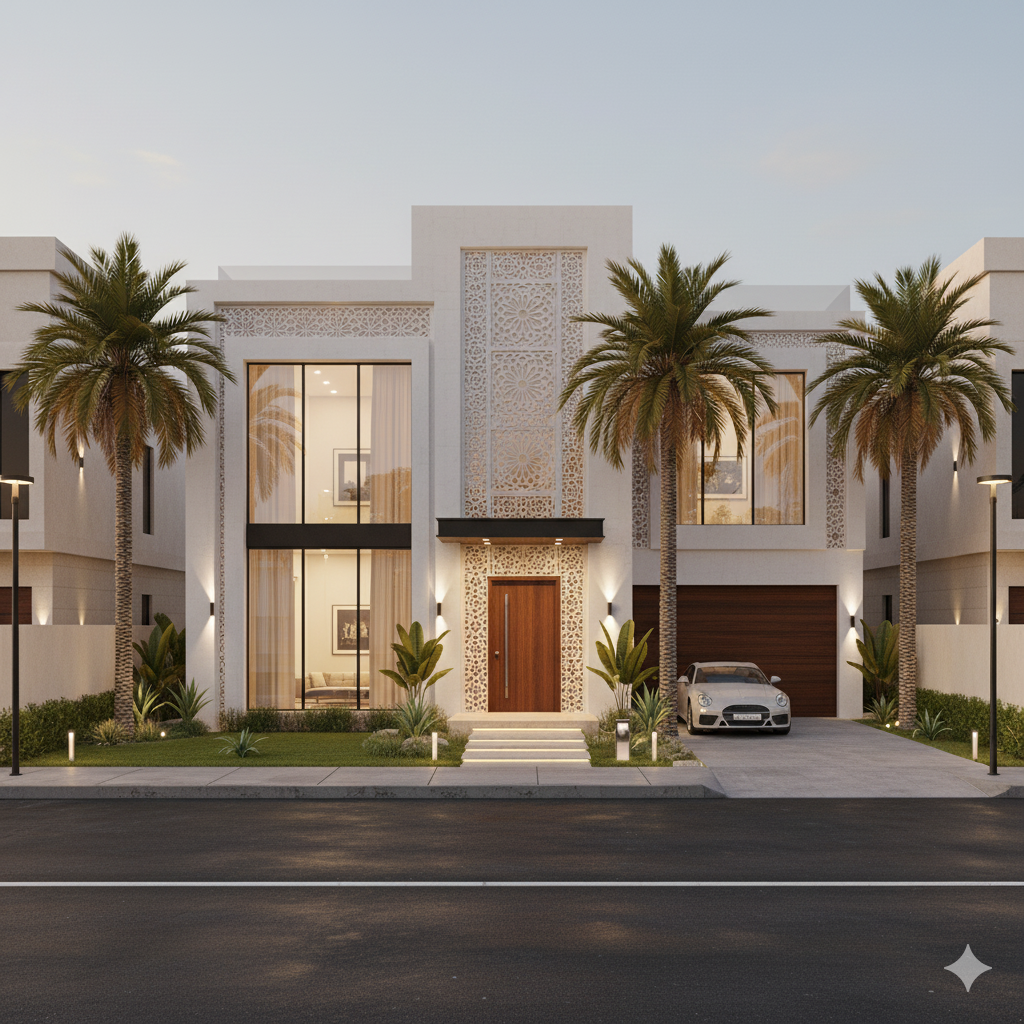
One of the most significant developments in recent years is the set of legal reforms that the Kingdom is implementing to open up its property market to foreign investors and residents. From January 2026, the new legal framework will allow individuals and companies (both Saudi and non-Saudi) to acquire real estate in designated zones. Greenberg Traurig+3Gulf News+3Trowers & Hamlins+3
Some of the highlights:
- Foreign individuals, including non-Saudi residents, may purchase residential property in designated zones, subject to regulatory approval. Gulf News+1
- The government will designate which zones allow these acquisitions, with initial references to cities such as Riyadh and Jeddah. Türkiye Today+1
- Property ownership in the holy cities Makkah and Madinah remains subject to special restrictions and may require further conditions for non-Saudis. National Law Review+1
- The reforms are aligned with the Kingdom’s broader economic plan — Vision 2030 — which seeks to diversify the economy and invite more foreign direct investment. Business Standard+1
For a prospective buyer in 2026, this means the landscape is opening yet still requires careful navigation of zones, approvals and the interplay of citizenship/residency.
4. Educational Snapshot: The Real Estate Market in Saudi Arabia
Before you embark on the purchase journey, it helps to understand the real-estate market’s current feel in Saudi Arabia. Many of the major cities are undergoing dynamic growth—new megaprojects, residential communities, high-rise towers, and mixed-use development.
For example:
- Demand for housing in Riyadh and Jeddah continues to rise as population growth, urban migration and infrastructure investments accelerate.
- Analysts suggest that opening the market to foreign buyers could inject new capital but also spark concerns around housing affordability. The New Arab
- Previous rules limited foreign ownership to properties tied to residency and business licences; the new law changes this status quo. IR Global
As an educational snapshot: expect variability across locations (city vs suburban, luxury vs mass-market), and timing will matter (whether you’re buying off-plan, new development or resale). Understanding these market contours will allow you to align your purchase with your goals—whether that’s long-term residence, rental yield, capital appreciation or community integration.
5. Practical Pre-Purchase Steps: Due Diligence & Reflection
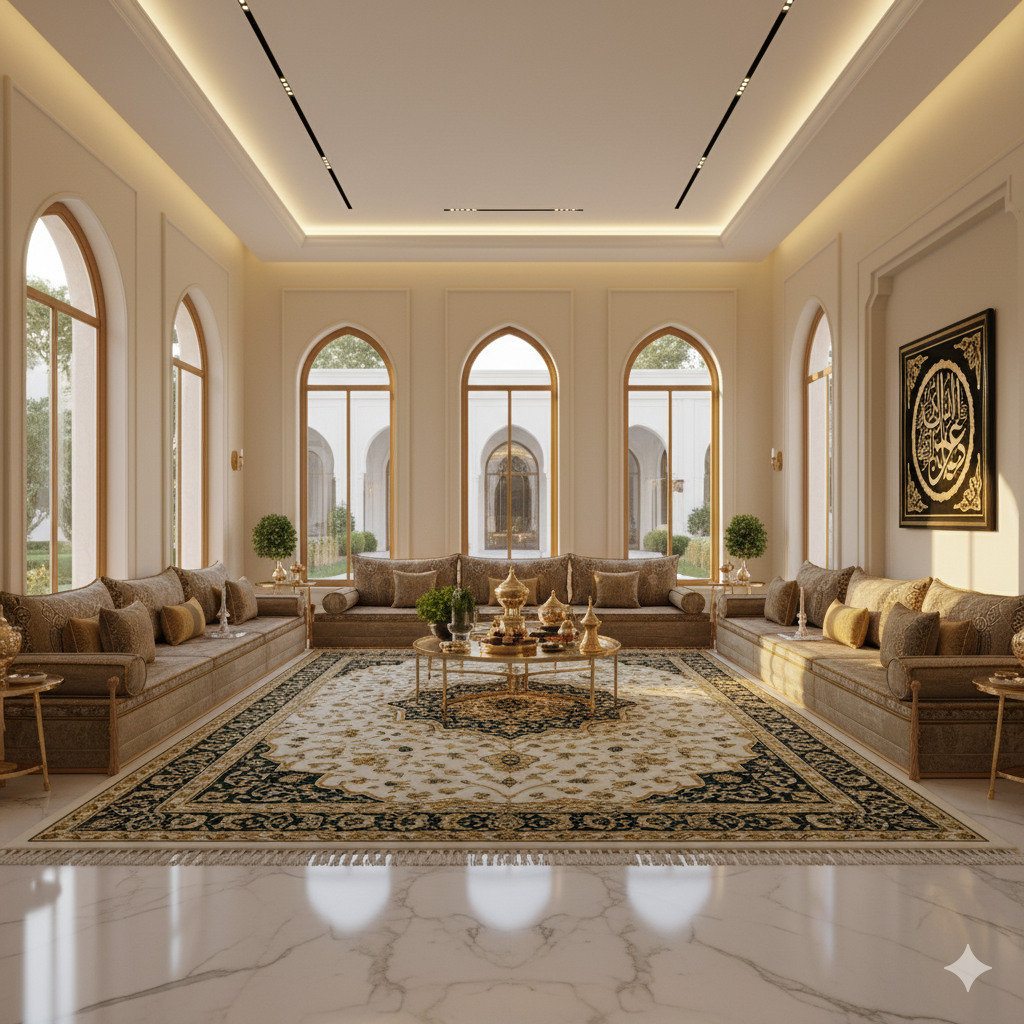
Before signing anything, or making any commitment, a grounded checklist helps both reflection and practical assurance. Consider the following steps:
A. Define your purpose
Are you buying for residence, rental income, or investment for later capital appreciation? The purpose shapes your strategy.
B. Regulatory zone check
Because the new law depends on designated zones, check whether the property is in a zone open to non-Saudi buyers (especially if you are a foreign individual). Confirm whether the area is subject to special restrictions (for example, near holy cities).
C. Legal structure and approvals
Ensure you understand whether your purchase requires Ministry of Interior approval, any licence, or whether your residency status (or lack thereof) imposes constraints. For example, foreign individuals previously required residency or specific permits. Greenberg Traurig+1
D. Project credibility
If you’re investing in a development, check the credentials of the developer, the track record, delivery timelines, and the infrastructure plan. Look for firms listed under Developers or Projects as reliable references.
E. Financial and tax review
Understand purchase costs, taxes, fees, any restrictions on selling (or rent), financing availability, currency risks (for foreign buyers) and how exit strategies work.
F. Cultural & community fit
Reflect: how will your home integrate with local culture? Will you be comfortable in this community? For many buyers, this step is about aligning the practical with the personal, and the spiritual with the residential.
By moving through these steps with both awareness and calm, you build a strong foundation for your acquisition.
6. Residential vs Investment: What to Consider
When buying property in Saudi Arabia in 2026, the distinction between a place you live and a place you invest matters.
Residential – living in your property
If your intention is to live in the home (either full-time or part-time), you’ll prioritise things like proximity to amenities, transport, the rhythm of the neighbourhood, community, schools (if applicable) and spiritual or cultural access. You’ll also reflect: how does this home support the life I intend in the Kingdom?
Investment – rental income or capital growth
If your aim is investment, different priorities emerge: location (high-growth zone), developer credibility, rental market strength, exit flexibility, regulatory clarity (especially given the new ownership laws). Your approach will also include surrounding infrastructure developments that can drive property value upward.
Understanding which side you lean toward—and whether you might combine both (live plus rent) — will shape your choices.
7. Spotlight on Cities: Where to Focus in 2026
The location of your property within Saudi Arabia is a critical factor, especially under the new rules.
Riyadh
As the capital city and a major focus of Vision 2030, Riyadh offers strong potential: urban expansion, government-backed infrastructure, new communities. When exploring “Projects in Riyadh” you’ll find a dynamic environment.
Jeddah
As the coastal gateway, Jeddah brings appeal for residence and investment. Recent reforms reference Jeddah as one of the initial zones where foreign ownership may be permitted. Gulf News+1
Other designated economic zones
While not all details are yet final, major development corridors and special economic zones in the Kingdom are likely to offer interesting opportunities for investment and residence alike.
Holy cities – Makkah & Madinah
Here the rules are more complex. While the new law suggests limited allowance for foreign ownership in certain cases, the restrictions remain strong and moral/spiritual dimensions weigh heavily. National Law Review+1
As you choose your city, match your purpose (residence vs investment) with location attributes. For a home of tranquillity, for example, a quieter suburban development may be preferable; for capital growth, a central urban project may make more sense.
8. Financing, Ownership Structures and Exit Strategy
Even as the laws open further in 2026, the mechanics of how you finance, hold and eventually exit your property matter deeply.
Financing
Check if you are eligible for Saudi mortgages (for citizens/residents) or if you are foreign and need alternate funding. Many buyers consider paying cash or using foreign financing for off-plan purchases.
Ownership Structures
Consider whether you’ll hold the property individually, via a company, or through a trust. If you are non-Saudi, check the specific licence or permit requirements for your ownership. The new law emphasises zones and conditions for foreign ownership. BCLP
Exit Strategy
Before you buy, ask: how will I sell or rent this property later? What are the local market conditions for resale? Are there restrictions on foreigners exiting ownership? While the law is opening, the detail is still emerging. For example, prior rules required foreign owners to relinquish property if they lost residency status. Legal 500
By planning for the long term—both how you buy and how you may exit—you reduce risk and align your purchase with your life journey.
9. Challenges and Risk Awareness
No property purchase is without risks. In Saudi Arabia in 2026, the environment is promising but evolving. Key risks to bear in mind:
- Regulatory uncertainty: although the law is set to be effective in January 2026, many implementing regulations and zone definitions are still being finalised. Türkiye Today+1
- Market fluctuations: rapid urban development can lead to oversupply, shifting rental yields, and variable resale values.
- Cultural and legal differences: property law in the KSA is shaped by local norms, Sharia principles and the regulatory framework. Ensuring clear titles, proper registration and legal compliance is vital. Baker McKenzie Resource Hub+1
- Holy city sensitivity: properties near Makkah and Madinah have tighter restrictions and may carry unique cultural/spiritual value—but also greater regulatory friction.
- Local versus foreign perspective: as a foreign buyer or non-resident, you must ensure you understand your rights, obligations and any residency/ownership linkages.
Understanding these risks is not a deterrent—it’s part of responsible planning. When you face the reality with eyes open, you position yourself for better decision-making.
10. Spiritual and Personal Growth through Property Ownership
Beyond the practicalities, buying property in Saudi Arabia can serve as a vehicle for spiritual and personal growth. If you view your home as more than just bricks and mortar—if it becomes a space for reflection, community building, hospitality—you shift from “asset owner” to “place-maker”.
When you move into the Kingdom’s rhythms, you might ask: How will this home support meaningful moments? Will it allow space for family gathering, for neighbours, for connection to local tradition? Will it draw you closer to the unfolding story of place?
If you treat the property journey as part of your life journey—rather than simply a transaction—you will cultivate alignment between your values and your investment. That is especially relevant in a setting like Saudi Arabia, where faith, family, and community hold deep resonance.
11. Case Study: Navigating the New Ownership Landscape
Imagine you are an expatriate professional considering the purchase of an apartment in Riyadh in mid-2026. Here is how you might navigate:
- Check the zone: confirm the project lies within a city zone now open to foreign ownership under the new law.
- Decide your purpose: you intend to live there for two years and then rent out.
- Due diligence: choose a developer with a strong track record, ensure off-plan delivery timeline is realistic.
- Approvals: obtain any required permit from the Ministry of Interior or the Real Estate General Authority (REGA).
- Financing: you decide to pay with personal funds to avoid local mortgage complexity.
- Ownership: you consider whether to own in your name or via a local entity—given exit flexibility, you select direct individual ownership.
- Community: you pick a development near amenities and designed for family living (if you plan to move your family).
- Exit plan: after living for two years, you will rent the unit, and plan to review resale market after five years.
- Reflection: you envision your home as a place of calm, hospitality—open to guests, tied to local community traditions and visits to the mosque nearby.
- Review: you periodically review regulatory updates, since the law’s implementation details might still evolve.
Such a case study helps illustrate how the practical and the personal merge when buying property in Saudi Arabia in 2026.
12. Growth, Identity and Future Direction
As you contemplate buying in Saudi Arabia, it is helpful to think of your property not just as an investment, but as part of your journey of growth, identity and future direction. The Kingdom is undergoing tremendous transformation—socially, economically, spiritually. By stepping into this environment, you are aligning with a broader story.
Your home in Saudi Arabia (whether you become a resident, part-time occupant or investor) can act as a touchstone: a place where you anchor your experiences, where you integrate your personal values with local context, and where you engage with a future that is steadily evolving.
On the identity front, you are choosing a place shaped by tradition, faith, and modern ambition. That choice reflects something about you: willingness to engage across cultures, to invest in growth, and to anchor your life in a landscape of meaning. When you hold that awareness through each step—research, purchase, residence—you bring integrity to your decision.
Looking forward, expect that internal and external changes will continue—the regulatory environment, market dynamics, infrastructure rollout, community patterns will all evolve. By staying attentive, reflective and disciplined, you position yourself not just as a property owner, but as a participant in a rich and unfolding place-story.
Embracing the Journey
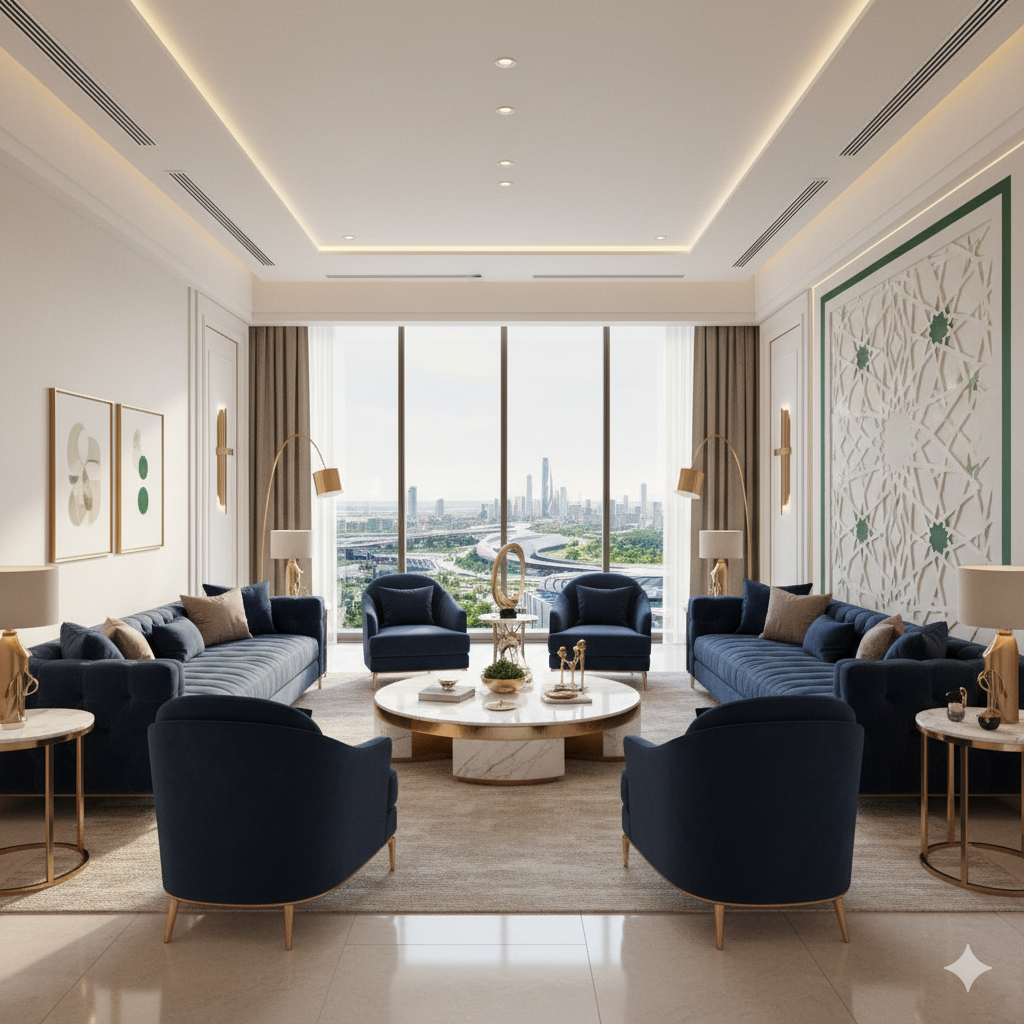
Buying property in Saudi Arabia in 2026 offers a convergence of opportunity, meaning and growth. It invites you to move beyond the transactional and to view your investment through the lenses of place, community, values and future. From the historical roots of the land, through the legal reforms opening the market, to the practical steps of due diligence and ownership, you are participating in a process that can shape both your portfolio and your journey.
As you step into this path, remember: your home is more than a purchase—it is a chapter in your identity. Choose with clarity, act with wisdom, and remain open to the new rhythms of life that Saudi Arabia offers. With vision and reflection, you will find not only a property but a place that resonates with your sense of growth.
If you are ready to explore real-estate opportunities, I invite you to browse the full range of “All Projects” available. For deeper insights into trusted “Developers” building in the Kingdom, you can follow that link. And if you have your sights set on the capital, take a look at the latest “Projects in Riyadh”.
May your journey be both spiritually grounded and practically strong.
